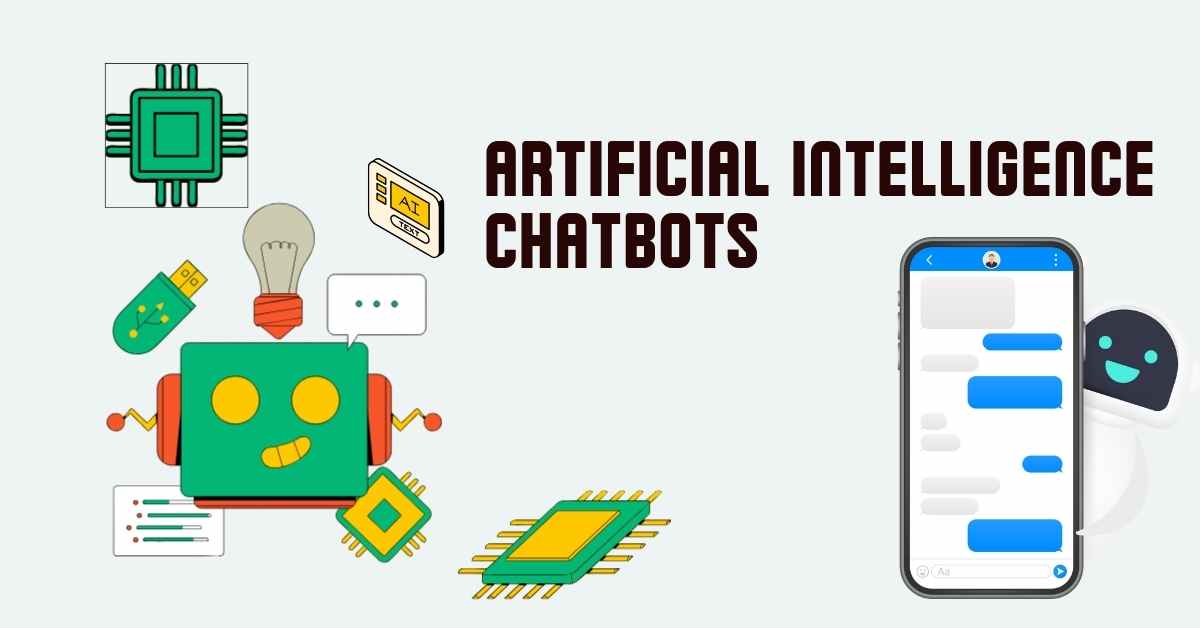Artificial Intelligence Chatbots, a revolutionary innovation, are not just reshaping our technological and interpersonal interactions; they are fundamentally transforming them. These advanced conversational agents, far from being limited to basic, pre-programmed responses, are evolving into sophisticated entities. They can now comprehend and reply to natural language, mirroring human interaction with remarkable accuracy.
What Exactly is an AI Chatbot?
An AI chatbot is a computer program that mimics conversations with human users. These bots are powered by natural language processing (NLP) and machine learning algorithms, which enable them to interpret text or voice input, understand intent, and generate relevant responses.
AI chatbots are constantly evolving due to advancements in deep learning and neural networks. These enable them to handle more complex conversations, learn from interactions, and adapt their responses over time.
Applications Across Industries
AI chatbots are not just a theoretical concept but a practical reality with diverse and impactful applications across numerous industries. They are revolutionizing customer service, marketing, sales, and healthcare, among other things.
- Customer Service: Chatbots are increasingly being used to provide instant, 24/7 support to customers. They can answer frequently asked questions, troubleshoot problems, and even escalate complex issues to human agents when necessary.
- Marketing and Sales: Chatbots are being used to engage potential customers, qualify leads, and even close sales. They can personalize interactions, recommend products, and provide targeted promotions.
- Healthcare: Chatbots are being used to schedule appointments, provide basic medical advice, and even offer mental health support. They can help patients manage chronic conditions, track symptoms, and connect with healthcare providers.
Benefits and Challenges
The benefits of AI chatbots are clear:
- Improved Efficiency: Chatbots’ capacity to handle numerous conversations concurrently reduces wait times and enables human agents to focus on more complex tasks.
- Cost Savings: Chatbots can automate repetitive tasks, reducing the need for large customer service teams.
- Enhanced Customer Experience: Chatbots can provide instant, personalized support, leading to higher customer satisfaction.
However, there are also challenges to consider:
- Understanding Complex Queries: Chatbots may need help understanding nuanced language or complex questions.
- Lack of Empathy: Chatbots may need help to provide the emotional support that some customers need.
- Ethical Concerns: Privacy, bias, and the potential for misuse of AI technology raise important ethical questions.
The Future of AI Chatbots
The future looks bright for AI chatbots. As technology continues to advance, we can anticipate chatbots becoming even more sophisticated, with the capability to understand not only our needs but also our emotions. This could revolutionize customer service, making it more empathetic and personalized.
Envision a future where chatbots are our trusted assistants, managing our schedules, arranging travel, facilitating online shopping, and even providing emotional support. The potential is limitless, and the future is promising.
Conclusion
Not only are AI chatbots transforming the way we communicate with businesses and each other, but they are also empowering us. While there are hurdles to face, the potential benefits can be enormous. By exploring the possibilities of this exciting technology, we can imagine a future where AI chatbots play a more integral role in our lives, empowering us to achieve more and communicate more effectively.
